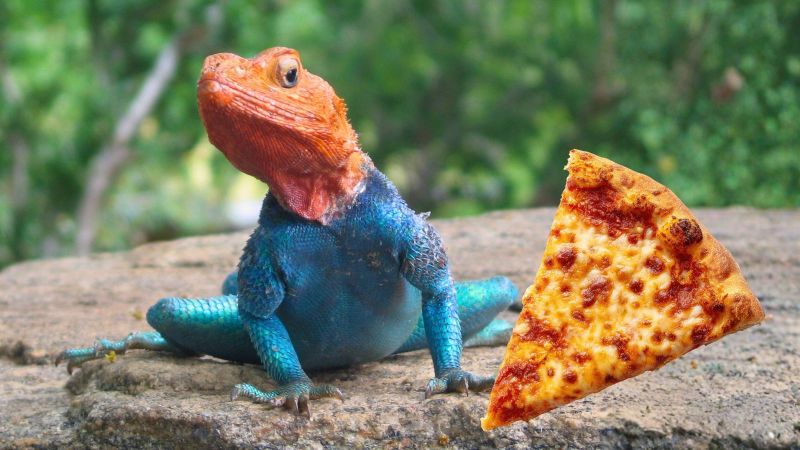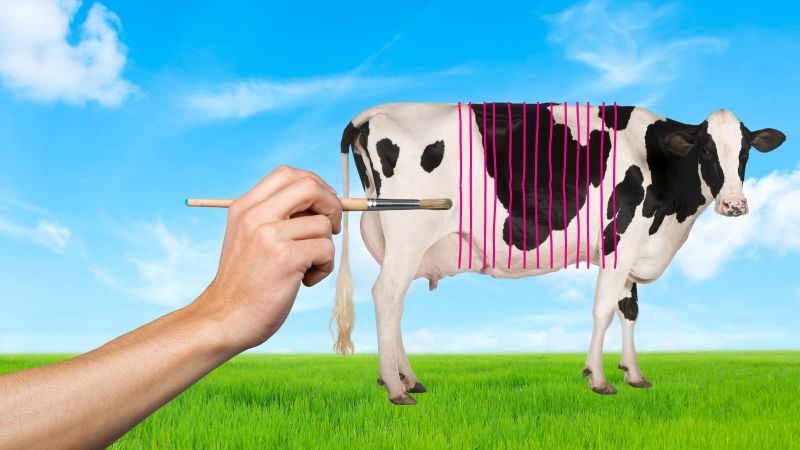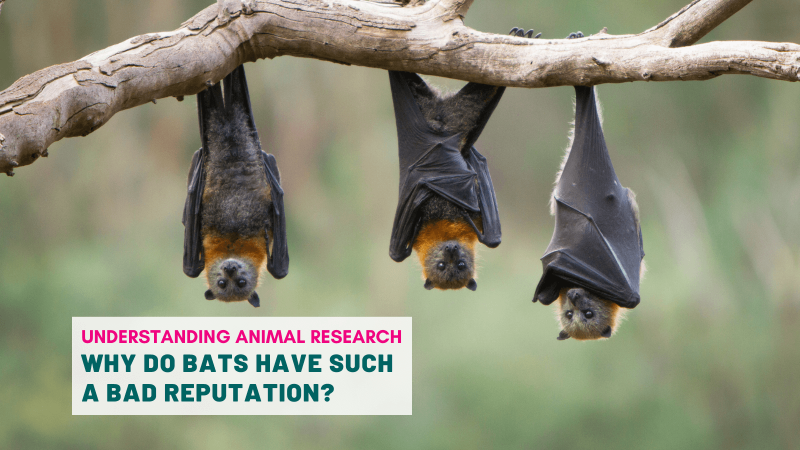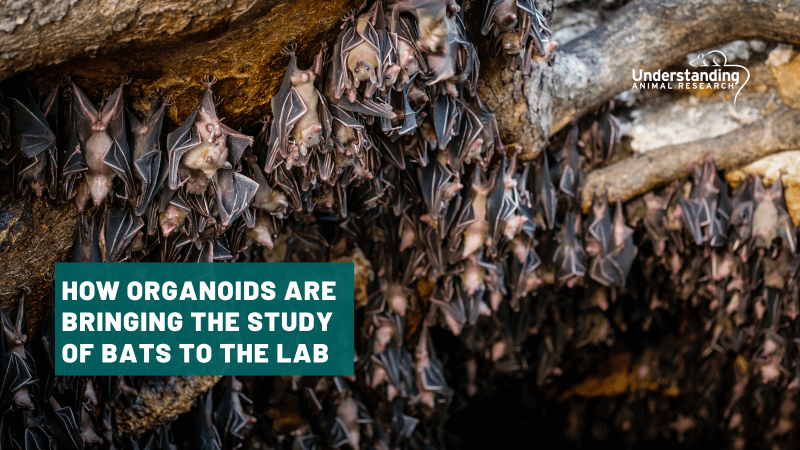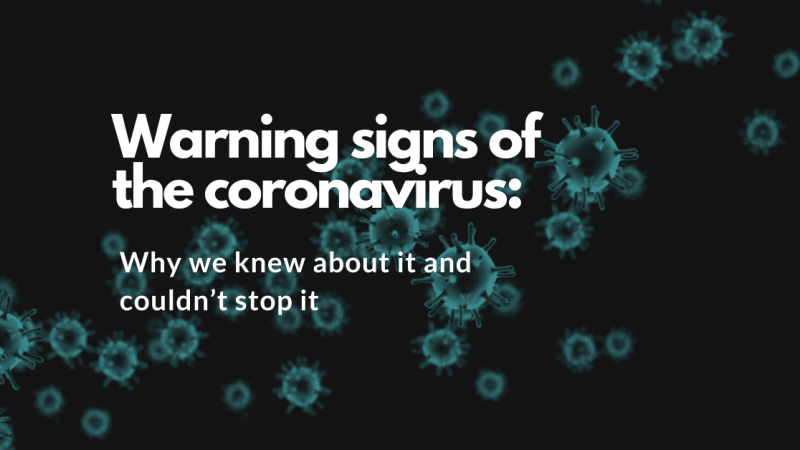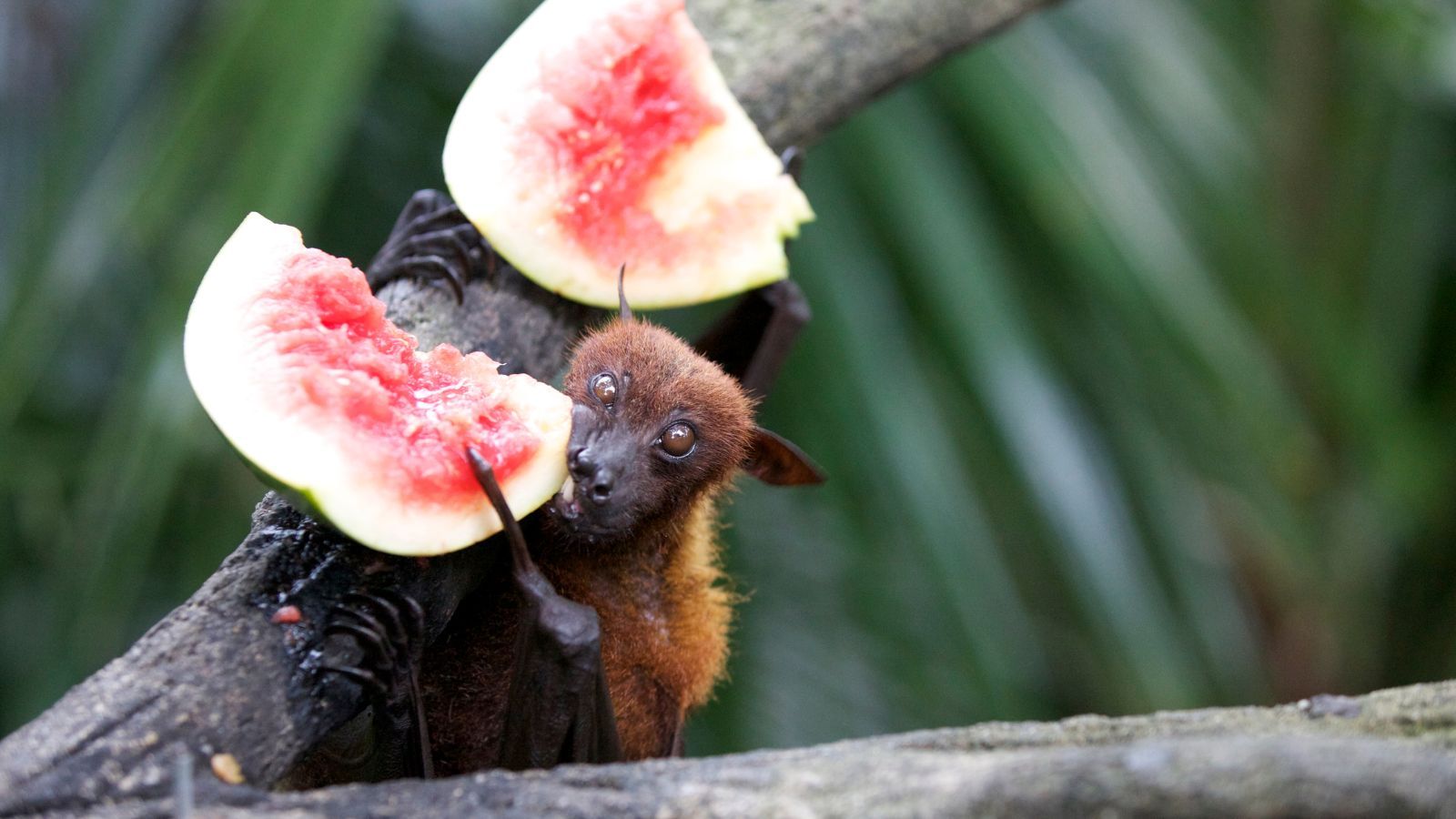
In the wild, animals can encounter and consume alcohol produced by fermenting sugar in fruit. Staggering macaques, tipsy moose, inebriated tree shrews, intoxicated birds, teetering insects, and drunk bats have regularly been documented. Although the topic might seem quaint, the study of such events is quite important to understand species survival – important enough for researchers to be awarded one of this year’s Ig Nobel prizes (to "honour achievements that first make people laugh, and then make them think") for their work on how alcohol impacts bats’ ability to fly and echolocate.
The 2025 Aviation Prize went to Professors Berry Pinshow and Carmi Korine from Ben-Gurion University of the Negev, who found that bats that ingested ethanol flew slower and were less able to locate their roosts using their unique tongue-clicking form of echolocation.
In the study published 15 years ago, the researchers describe testing the flight capacity of Egyptian fruit bats in an indoor corridor. They found that after ingesting ethanol-rich food bats flew significantly slower than when fed ethanol-free food. Ethanol also affected several variables of the bats’ echolocation calls and behaviour, much like drinking alcohol affects psychomotor performance in humans, reducing visual reaction time to stimuli.
Ethanol content affects food choice in frugivorous (fruit eating) vertebrates. The resulting inebriation explains why bats tend to avoid eating fruit that is too ripe – and potentially rich in ethanol – as ingesting this fruit may result in impaired flight and echolocation abilities. Drunken episodes can result in reduced fitness for an individual, because an intoxicated animal may be more easily caught by a predator or have an accident because of impaired coordination.
Last edited: 24 November 2025 13:51

